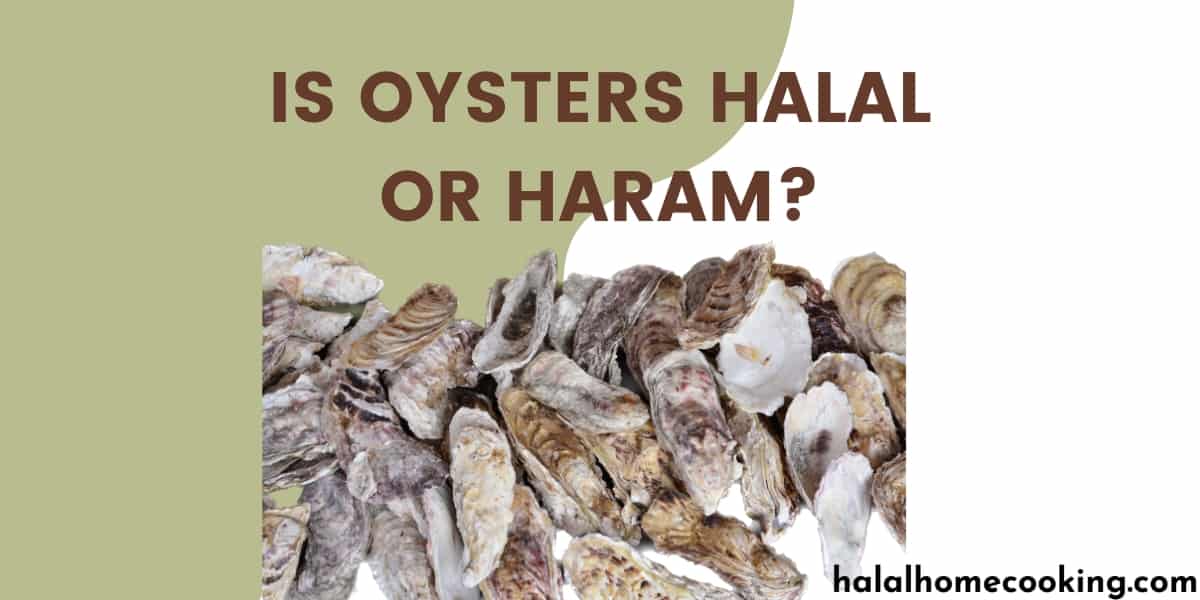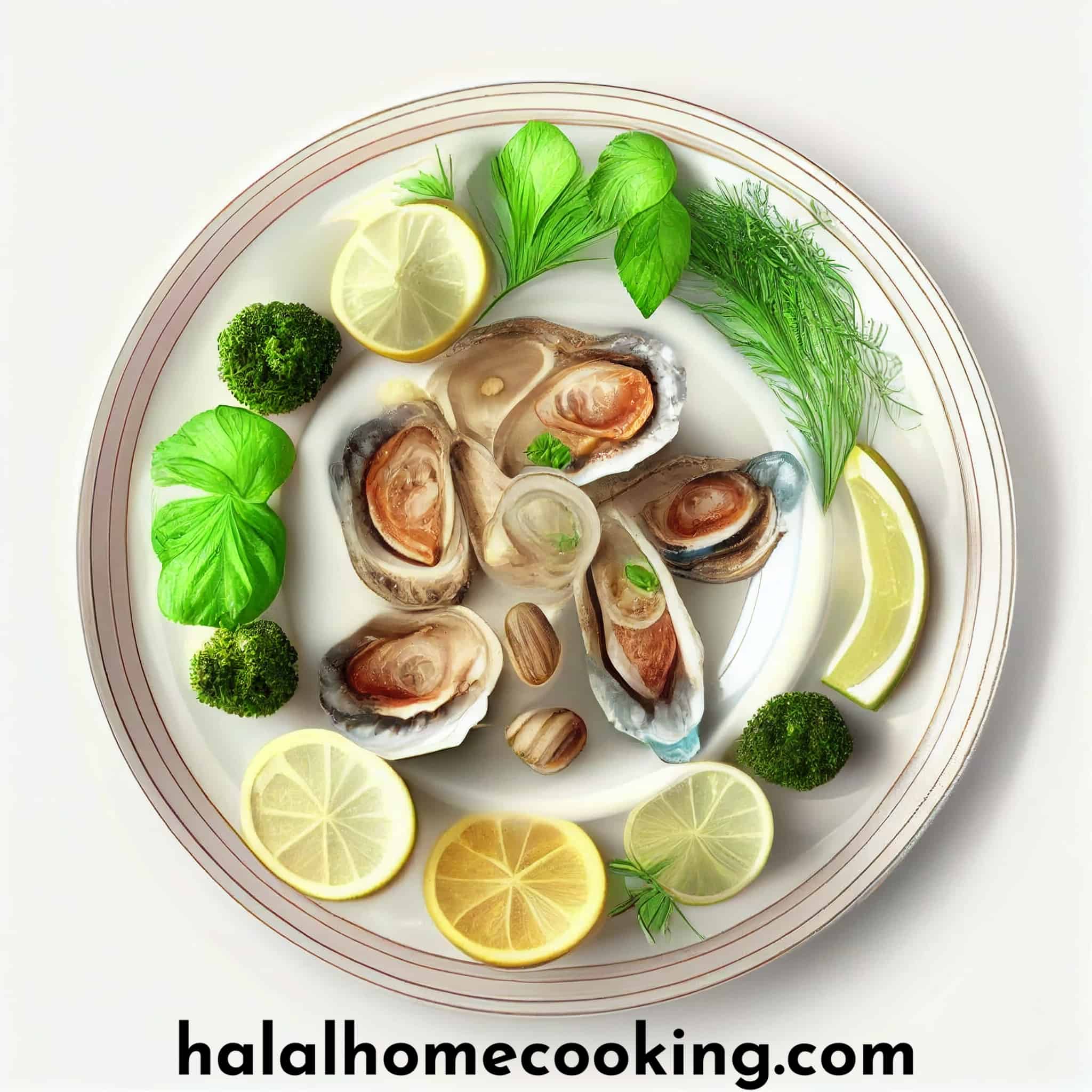According to Islamic law, oysters are considered Halal for Muslims to consume. The general consensus among Islamic scholars is that the consumption of oysters is permissible as long as the oysters are harvested from clean and uncontaminated waters.
Oysters are a type of seafood that is considered Halal by some Muslim communities and Haram by others. The debate around the permissibility of oysters in Islam centers on whether or not they have souls, as many Islamic scholars believe that only animals with souls can be considered Halal.
Is Oysters Halal in Sunni?
According to the teachings of Sunni Islam, oysters are Halal and permissible for consumption. Oysters are considered one of the most nutritious seafoods, as they are high in essential minerals, vitamins, and other nutrients. However, some Sunni scholars advise against consuming oysters due to the potential for contamination with impurities and toxins. Therefore, it is important to ensure that the oysters are sourced from a reliable supplier and are properly cleaned and cooked before consumption.
Is Oysters Halal in Shia?
According to Shia Islamic jurisprudence, oysters are considered to be halal and permissible to eat. Oysters are considered to be makrooh, or disliked, but not haram. This is because oysters are considered to be a type of sea animal, and as such, do not have the same restrictions as land animals. Therefore, Shia Muslims are allowed to eat oysters.
Is Oysters Halal in Hanafi?
According to Hanafi school of thought, oysters are considered halal for consumption as they are considered to be a type of sea-life. This is because Hanafi scholars consider seafood to be pure and not subject to the same restrictions as land-based animals.
Is Oyster Sauce Halal or Haram?
Oyster sauce is generally considered to be halal, as it does not contain any pork or alcohol products. The main ingredients in oyster sauce are oysters, soy sauce, sugar and salt.
All of these ingredients are permissible under Islamic dietary laws.Also, some brands may use animal fat or other non-halal ingredients in their sauces so it’s important to double check before consuming any product containing oyster sauce.
Is Oyster Mushroom Halal or Haram?
Oyster mushrooms are considered halal and permissible for consumption in Islam. Oyster mushrooms contain no animal products, so they can be eaten by Muslims following Islamic dietary laws.
Oyster mushrooms may also be grown on substrates containing animal products, so it is important to ask the seller or producer if this is the case before consuming them.


